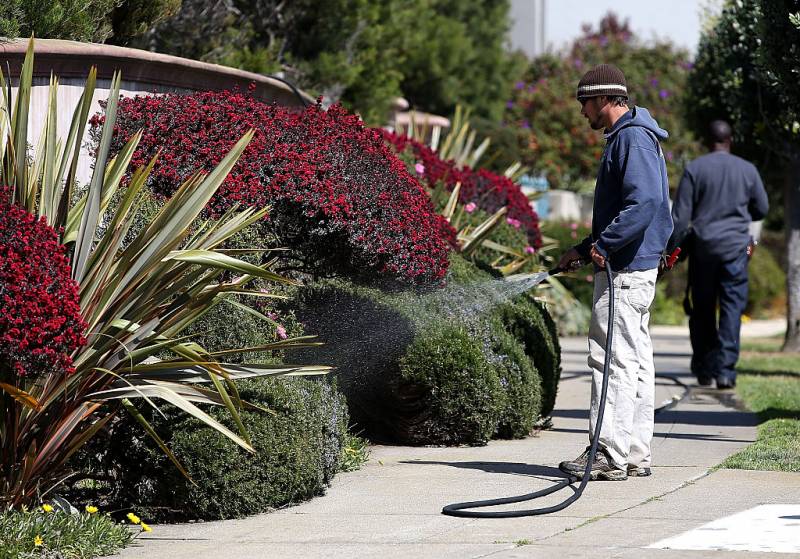Labor rights advocates in San Francisco are hailing a new groundbreaking measure that makes it easier for the city’s estimated 10,000 domestic workers – including nannies, house cleaners and gardeners — to take paid sick leave.
The new ordinance, which the city’s Board of Supervisors unanimously approved last week, will establish a benefits system, likely in the form of an app, that tracks workers’ hours across multiple employers, and allots one hour of sick time for every 30 hours of work. Currently, domestic workers’ hours are not tallied collectively, so most have to work 30 hours for an individual employer before earning sick time.
“Most workers have one or two employers that track and distribute paid sick time as needed,” said Supervisor Hillary Ronen, who co-sponsored the measure with Supervisor Myrna Melgar. “Domestic workers, however, often work sporadic schedules for multiple, individual employers, which makes it almost impossible for them to accrue enough paid sick time from any one employer.”

